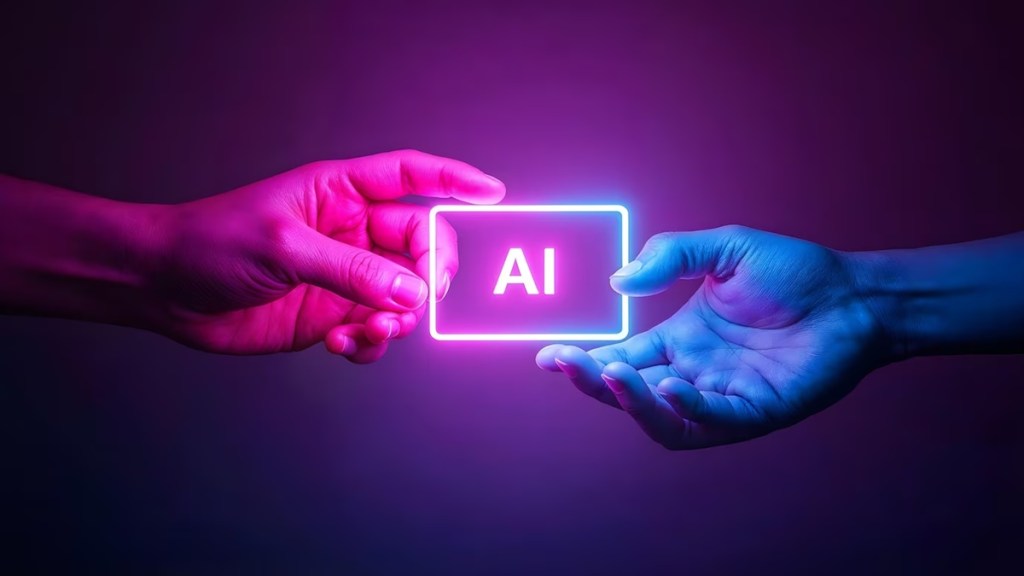As India races ahead in AI adoption, a new global study reveals a striking paradox: while 90% of Indians approve of artificial intelligence and 93% of employees use it at work, 73% admit to making mistakes due to AI, and 72% have used it in ways that go against company policy.
These findings are part of the Trust, Attitudes and Use of Artificial Intelligence: A Global Study 2025 conducted by Melbourne Business School in partnership with KPMG. The survey, which covered 48,000 people across 47 countries, offers a snapshot of how the world, particularly India, is grappling with the rapid rise of AI in both professional and personal spheres.
India leads in trust and enthusiasm
The report finds that 76% of Indians are willing to trust AI systems, far outpacing the global average of 46%. In fact, India is one of the most optimistic nations when it comes to AI: 94% of Indians expect AI to bring a wide range of benefits, and 86% say they’ve already seen those benefits—from improved accessibility to higher productivity.
“India stands at the cusp of a remarkable AI-powered future. This enthusiasm points to current transformation and a hopeful trajectory where AI enhances accessibility, productivity and innovation,” Akhilesh Tuteja, Partner and Head of Technology, Media and Telecommunications at KPMG, India, said.
The darker side of rapid adoption
But this optimism comes with complications. In India, 81% of employees rely on AI outputs without checking their accuracy, and 67% say they couldn’t complete their work without AI. These habits have led to critical issues: 73% of Indian employees admit to making errors due to AI, and nearly the same proportion report using AI in violation of workplace policies.
Globally, these trends are mirrored to a lesser extent—56% of employees say they’ve made mistakes because of AI, and 57% say they hide their AI usage, presenting machine-generated work as their own.
A nation of confident AI users
Despite the pitfalls, Indians seem well-equipped for the AI era. 78% believe they have the skills to use AI effectively, and 64% have received either formal or informal training. Moreover, 83% of organizations in India now have AI strategies, with 86% offering training on responsible AI use.
That said, the sheer dependence on AI is also adding stress. While 82% of Indian workers say AI has improved work quality and innovation, 44% report increased stress and pressure.
Outside the workplace, AI continues to reshape Indian society. 86% of Indians say they’ve experienced positive societal impacts from AI—such as reduced costs, better accessibility, and time savings. However, 78% remain concerned about negative consequences, especially loss of human interaction (cited by 60%).
As misinformation rises globally, 87% of Indians demand stronger laws to combat AI-generated falsehoods, and 71% say they’re unsure if online content is trustworthy. 64% worry about AI’s role in election interference, and 73% feel existing safeguards are sufficient but expect more action. In contrast to advanced economies, where only two in five people trust AI, India’s high trust levels reflect the strong perceived benefits of AI in emerging markets.
